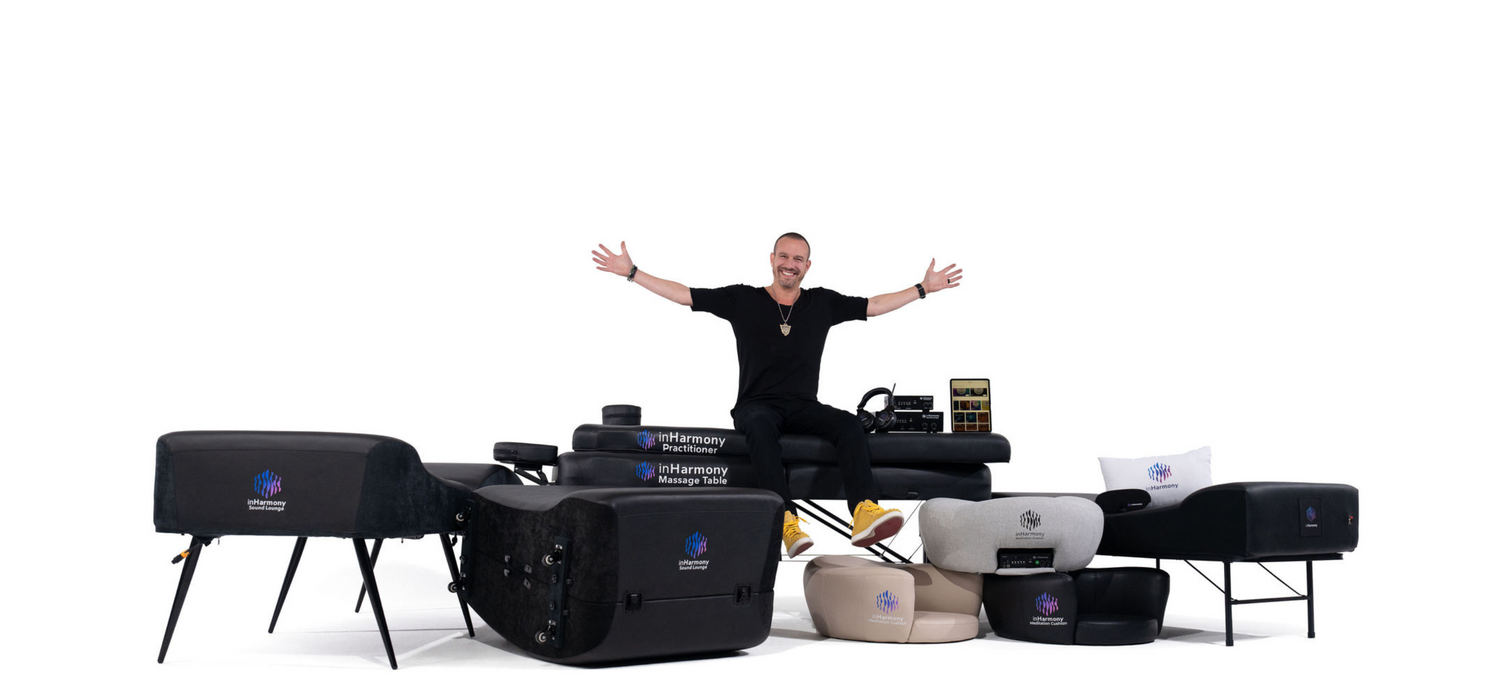It's incredible how much sleep can impact our mental health. We've all experienced those mornings when we wake up feeling tired and groggy, making even the smallest problems seem insurmountable. From our teenage years into adulthood we’ve all had our fair share of sleep-deprived mornings. But here's the thing, sleep matters—a lot.
One question we frequently get asked is whether the inHarmony technology can help improve sleep. While technology certainly plays a role in sleep optimization, there are broader factors at play. In the chaos of our modern world, various factors can disrupt our ability to get a good night's sleep.
One of the biggest obstacles to a restful night's sleep is the activation of the sympathetic nervous system. The sympathetic nervous system is commonly associated with our "fight or flight" response. It is responsible for preparing our body for action in response to perceived threats or stressors, such as anxiety, pain, work pressures, our diet, and even the amount of caffeine and alcohol we consume.



